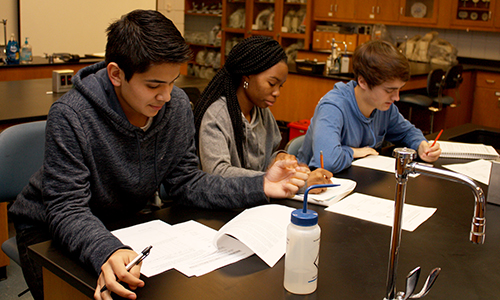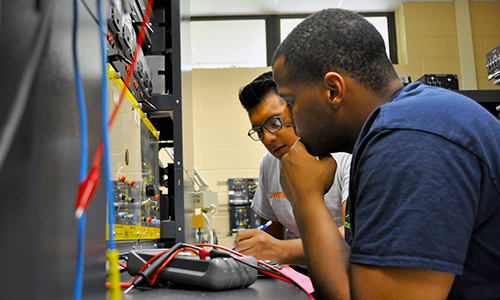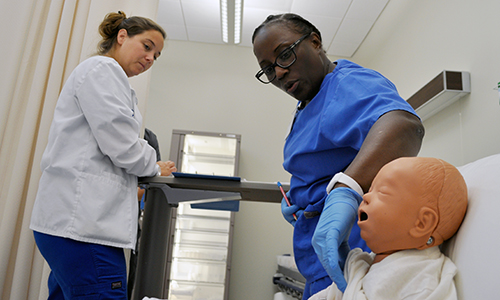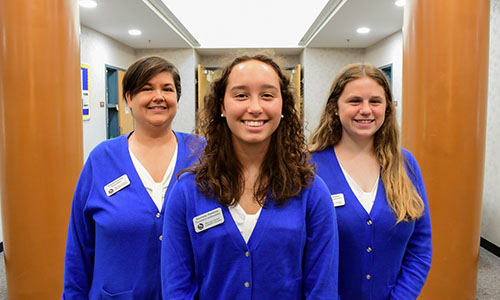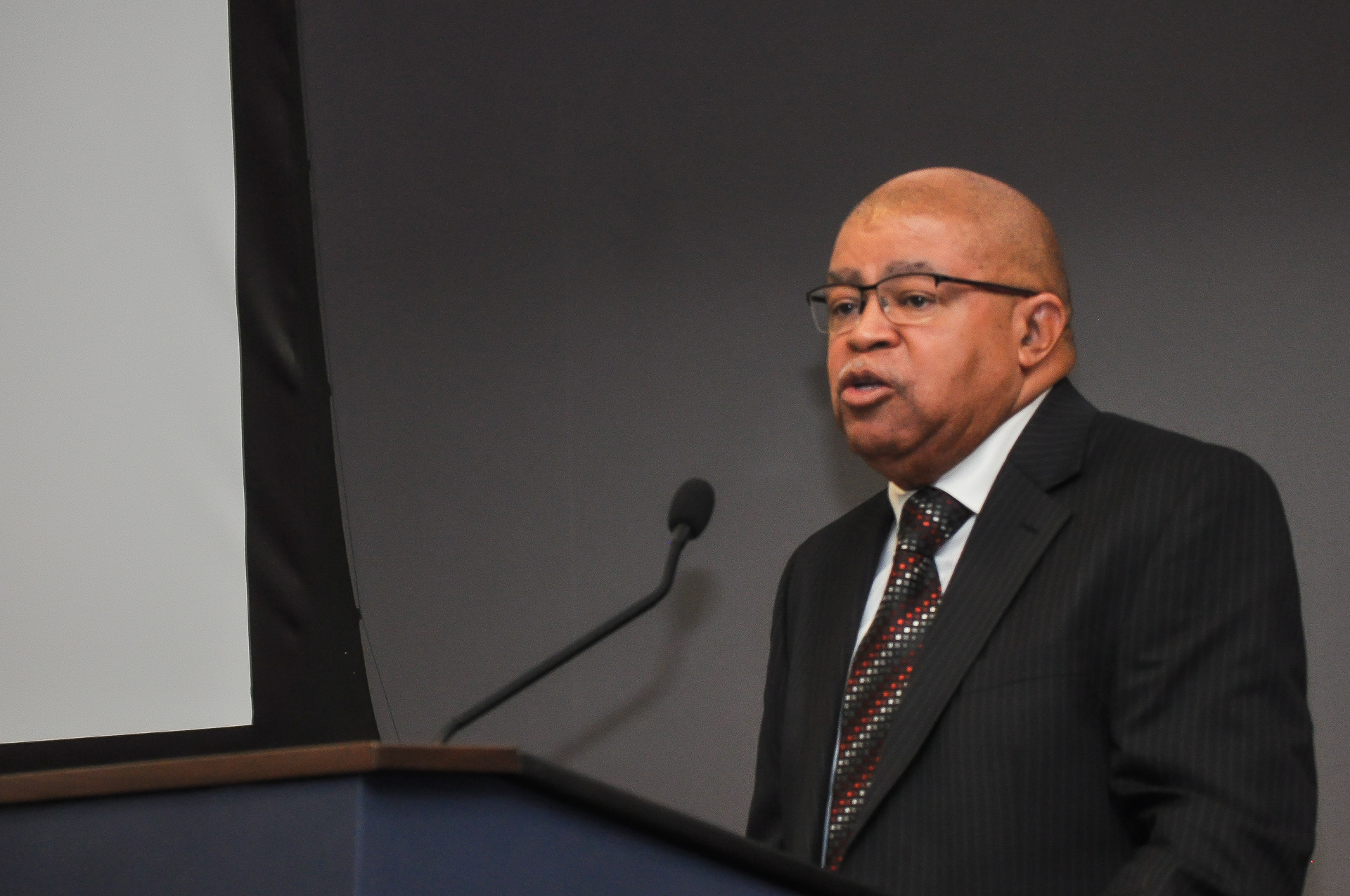
BCCC Holds Second Annual Community Event to Honor King Legacy
To promote dialogue across Beaufort County on issues of civil rights, poverty and race, Beaufort County Community College brought together local political, religious and community leaders for the second Annual Rev. Dr. Martin Luther King Jr. Community Celebration on January 20. The event featured keynote speaker Pastor Russell Wilkins, senior minister of St. John Church of Christ, and music from the St. John Church of Christ Ensemble.
Last year the college initiated the community event to bring multiple facets of the community together so that religious congregations, community groups and the college could share in their remembrance of Dr. King and his commitment to civil rights and equal opportunity.
Along with the college, this year’s event was sponsored by Rev. Dr. Robert and Mrs. Debra Rose Cayton, B.E. Singleton & Sons, Inc., Cornerstone Family Worship Center, First Christian Church-Disciples of Christ, St. John Church of Christ-Disciples of Christ, Trinity Episcopal Church, Asbury United Methodist Church, Mrs. Betty Randolph and Professional Tax Service.
“Dr. King was a model of steadfastness in the midst of a broken-hearted world,” said Pastor Wilkins during his keynote speech. “He had a heart for broken people. The disparity between the haves and the have-nots continues to widen, so Dr. King would urge us today to meet the social needs of our community no matter where we may venture in life, no matter how high we may rise on the economic ladder, no matter how high we ascend on the educational ladder.”
Race-based disparities in education still exist in Beaufort County. Currently, six percent of African-American residents hold a bachelor’s degree or higher, compared to 24 percent of white residents. Equal opportunity is linked closely with access to higher education and workforce development. A post-secondary education, whether in the form of an industry-recognized credential, associate’s degree or bachelor’s degree, is key to entry into the middle class, as degree holders can expect to earn between 20-60 percent more than Beaufort County residents with only a high school diploma, according to the US Census Bureau.
The college works diligently to promote higher education as an avenue for economic and social mobility for the residents of the county. Programs like TRiO/Student Support Services offer additional support to first-generation college students and students experiencing poverty. The college offers opportunities outside of the classroom, as well, where students can learn to be engaged members of a larger community.
“The question will not be how much education I earned; will not be how much prestige did this world place on you; it will not be how many honors we received; or how many awards are hung on your wall. In my spirit I hear Dr. King asking, ‘What did you do for others?’” said Pastor Wilkins.
The college continues to provide opportunity to students in Beaufort County, not only through education but through avenues for community service such as the Student Government Association, Gamma Beta Phi or the new Global Solutions Sustainability Initiative, ensuring that the work and legacy of Dr. King, and the women and men who worked alongside him, continue to make the world a more just and equitable place.

